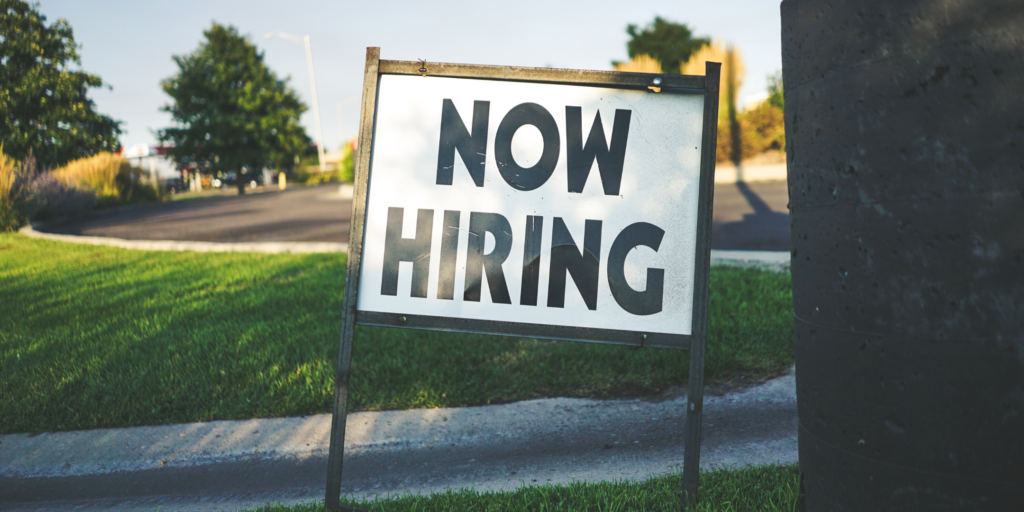We are living in one of the most disruptive times in the last decade. During this uncertain times we wanted to give you some important insights. Please note that this article is coming from an American source. Therefore all statistics are based on US numbers, but we made a selection of numbers that are also relevant for the EU labor market.
The result of corona
First of all is COVID-19 and the ensuing lockdown is rewriting the labor market. Job postings dropped considerably since March. Many employers are forced to let people go or put them at technical unemployment. Many more are in a hiring freeze. On the other hand are there certain industries like healthcare and supermarkets scrambling to fill thousands of critical new positions. Especially in their procurement and supply chain departments, as they are crucial to carry out the activities.
There is a little good news. Not surprisingly, online shopping has seen the biggest spike in job postings as online retailers (Amazon, eBay, Etsy) race to hire extra talent to handle the tsunami of stay-at-home shoppers.
The increase in postings for insurance carriers (+27%) is likely due to the times. During economic upheaval, financial jobs can be in high demand. Personal financial advisors, for example, grew faster than any other job during the recession.
It’s not at all surprising that there is a growth in vacancies in these sectors. The question we should ask is “are these permanent trends?” We certainly don’t know yet. Being in lockdown surely shifts our behaviors and our buying patterns are reflecting that. As this continues, my major concern is the longer-term ripple effect if we cannot find some stability over the next month or so.
As life and travel grind to a halt, we’re not surprised to see a massive slowdown in job postings for industries that move: cruise liners, commercial airlines, car dealerships, aircraft equipment manufacturing, etc. Hotels and resorts are also going into hibernation. We can expect this to be temporary but it may take time for people to feel comfortable in these types of leisure activities again. It’s also not surprising that card dealerships, airlines, and real estate companies are slowing down. And this may be a big long term trend.
Also we do believe the shift to remote work will be longlasting. Nearly every large company says that “remote work” has become one of their biggest strategies going forward, despite the fact that more than 50% of companies have no remote-work policy. This means companies will be thinking “maybe we don’t need so much real-estate any more.” It could be bad news for commercial real estate owners over the long term.
Is this permanent?
The main thing to consider for this change is “how much of this is permanent?” While we personally believe restaurants, airlines, hotels, and vacations will roar back to life as the virus fades, there will be a fundamental shift toward more digital services and entertainment. Online life is getting much better. We are enjoying video-based piano lessons, book groups, yoga classes, and even family dinners and aperitifs. I believe much of this will continue in the future, perhaps pushing our entire “digital transformation of life” to a new and perhaps ever-more exciting level.
About unemployment. The job market is not like a cup of water that goes up and down. Rather it is like a stream with water always entering and always leaving. So while GDP and profits are clearly dropping, jobs are being created. The big question is how quickly we can help people move from their old job to a new one.
One thing is sure. The labor market will change. In every industry. Also in procurement and supply chain. We’re here to help you fill in new positions, in every industry. Don’t hesitate to contact us.

